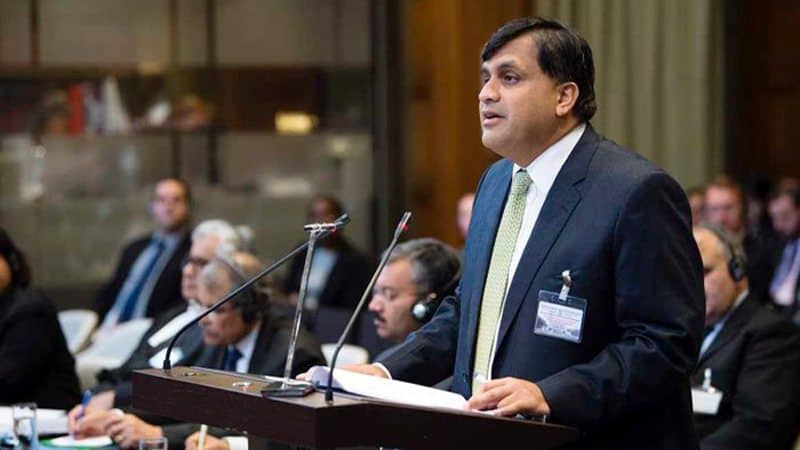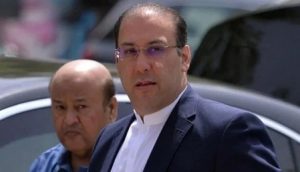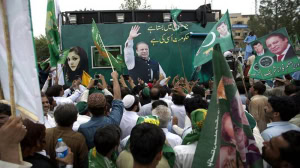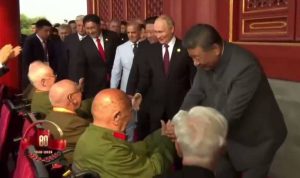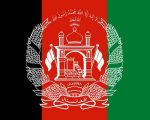ISLAMABAD – Pakistan on Thursday said China-Pakistan Economic Corridor (CPEC) had no hidden implications against any other country and the project was purely based on bilateral economic agenda.
“The CPEC is a bilateral project, which is not against any country,” Foreign Office Spokesman Muhammad Faisal said here at the weekly press briefing in response to a question if CPEC had military strings attached.
Dismissing reports of international media casting doubts on CPEC for having military implications, he said China under the economic project, was helping Pakistan in improving its economy, energy situation and infrastructure development.
Rejecting reports about Indian diplomats in Pakistan facing harassment, he said Pakistan strictly adhered to the Vienna Convention as per international law.
“Pakistan stands for upholding the Vienna Convention on diplomatic relations and has always endeavored to facilitate the working of the Indian High Commission in Islamabad, within the diplomatic norms, international law and practices,” he said.
The spokesman said it remained Pakistan’s firm position that “smooth and unhindered functioning of diplomatic missions was essential”.
On Afghanistan, he said Pakistan’s longstanding position to give peace and reconciliation a real chance in the war-torn country had become the basis for an international consensus.
He said the main reason behind the recent visit of Foreign Minister Shah Mehmood Qureshi to four nations – Afghanistan, Iran, China and Russia – was part of the government’s policy to strengthen relations with all neighbours and regional countries.
As part of the same effort, the foreign minister will visit Qatar soon, he added.
The spokesman said recent developments in Afghanistan including the Moscow Format Consultations, Geneva Conference on Afghanistan, the Abu Dhabi meeting had all led to this widely acknowledged agreement.
“The new opening in Afghanistan and willingness of all countries who agree on Pakistan’s important role as facilitator has also provided a significant opportunity to strengthen bilateral relations with all neighbours especially for the promotion of trade, economic and people to people linkages,” he said.
He said the visit also provided an opportunity to listen to the views of the leadership of neighbouring countries to promoting a joint regional approach in Afghanistan and explore realistic possibilities of regional integration in economic terms.
“The purpose was twofold – first, strengthening regional consensus for an Afghan-led and Afghan-owned solution and second, to explore the possibility of win-win framework, regional connectivity and economic development to help achieve the ultimate objective of economic growth and prosperity in the region,” he said.
To a question, he ruled out the involvement and role of India in Afghanistan reconciliation process.
Muhammad Faisal said presently, 341 Pakistani prisoners were in Indian jails, including 154 civil prisoners and 187 fishermen. Of them, twelve civil and 33 fishermen had completed their sentences, he added.
He said the Pakistan High Commission in New Delhi was in touch with Indian authorities for repatriation of prisoners, adding that a law firm had also been hired to assist and facilitate the repatriation.
The spokesman said Indian-state terrorism continued unabated in Jammu and Kashmir as a total of more than 500 Kashmiri men, women and children were martyred during 2018.
He called upon the international community to take notice of the brutal atrocities being committed in the occupied valley.
On foreign policy front during 2018, he said substantial progress was made after the government of Prime Minister Imran Khan took to office this August including enhanced interaction with international and regional leadership in the interest of the country.
